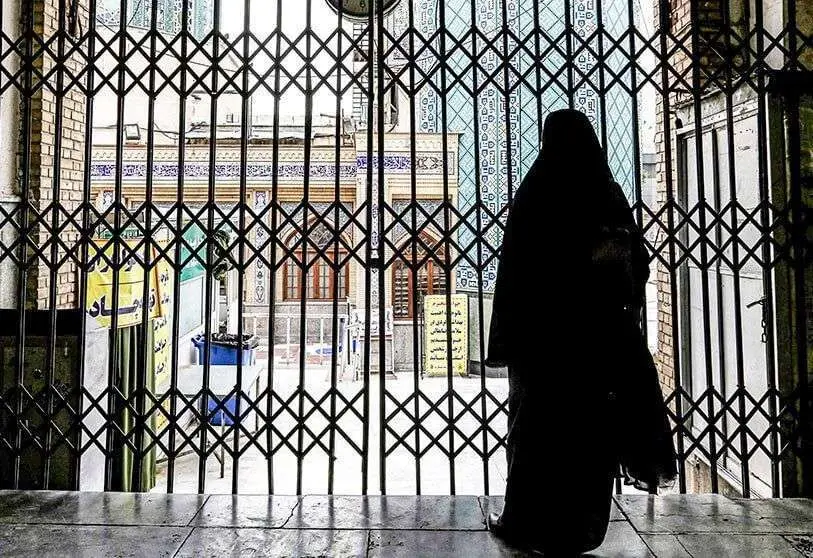Those women we're killing during the pandemic...

In these times of confinement, violence against women continues to increase around the world. In Tunisia, it has multiplied by seven, according to the Minister of Women, Children and the Elderly, Asma Shiri. But this number does not reflect the reality. It is only the top of the iceberg. Forced to stay locked up with their abusers during periods of confinement, abused women end up living in great isolation and are condemned de facto to silence. Many are unable to call for help. However, Tunisia is one of the most advanced Arab countries in terms of women's rights.
Its Algerian neighbour is in a much more complicated situation. Two weeks ago, a 17-year-old girl was murdered by her father. The man went to the police and the case was closed. We will not talk about it anymore, just as we will not talk about the other 18 women murdered by their husbands, fathers, sons and even grandchildren. We will not talk about it because we have no intention of acting to prevent this evil that is plaguing society. In Algeria, feminicide is no longer counted. The figures we have are not official, they are those that the victim support associations have been able to verify.
The Wassila network, which accompanies and defends women in difficulty, denounces the silence and standardisation of this violence. The association is committed to "accompanying victims to claim their rights and obtain reparation", but not only that. It rightly underlines "the impunity that society considers 'normal'. Our approach therefore combines measures of direct assistance to victims and advocacy to change legislation and regulations".
The association is right to insist on this last point because femicides benefit from the silence of the authorities. The activist and feminist Louisa Ait Hamou raises the alarm in these times of confinement: "The free telephone number of the Ministry of Solidarity does not work; it is one of the demands of the feminists, namely the establishment of a functional free telephone number in each wilaya (prefecture) to which women victims of violence can call to be heard, supported, guided and attended to by professionals". To date, no official response has been given to her appeal.
According to the UN, during the pandemic, violence against women has increased by 20% in the United States, 75% in Australia, 37% in South Africa, 32% in France, 38% in Turkey, 50% in India... No statistics are available for Algeria. This is not the time to talk about women, the country is in a state of emergency. We remember those who raise their voices. This court order, women know it well and have listened to it all their lives, it is never the right time to talk about their rights and their emancipation.
Of course, the right time will never come if we do not decide to break it, but what will be the price to pay? In the absence of numbers, in the absence of words, the situation of women in Algeria continues to deteriorate. For its part, the Algerian League for Human Rights has also taken a step forward and regrets "the unwillingness and lack of support from the public authorities to care for women who have suffered sexual abuse, moral harassment and marital aggression".
According to statistics, one in three women worldwide experiences violence in her lifetime. Morocco is no exception to the rule. A few months ago, Moroccan women decided to join the campaign "The rapist is you" by making a video directed by the artist, Khadija Tnana. If this video went viral, it's not for the right reasons. The women in it have been lynched on social networks. They were laughed at, criticized...
Violence against women in Morocco has also followed an upward trend during the period of confinement. As a reminder, the country has opted for severe confinement since March 13. In populated neighbourhoods this situation has become unsustainable. It is impossible to share the interior space between men and women without exacerbating conflicts and inequalities.
According to the INJAD network, which works against gender-based violence, the cities most affected by domestic violence - or rather where women dare most to denounce their aggressors - are Casablanca, Essaouira and Agadir. More recently, and since the COVID-19 pandemic, the Federation of Women's Rights Leagues has recorded 1,000 acts of violence against women during the first two months of confinement. While physical violence is often mentioned, psychological violence is always relegated to the background because it is more difficult to prove. However, the consequences it leaves behind are as important as those imprinted on the bodies.

